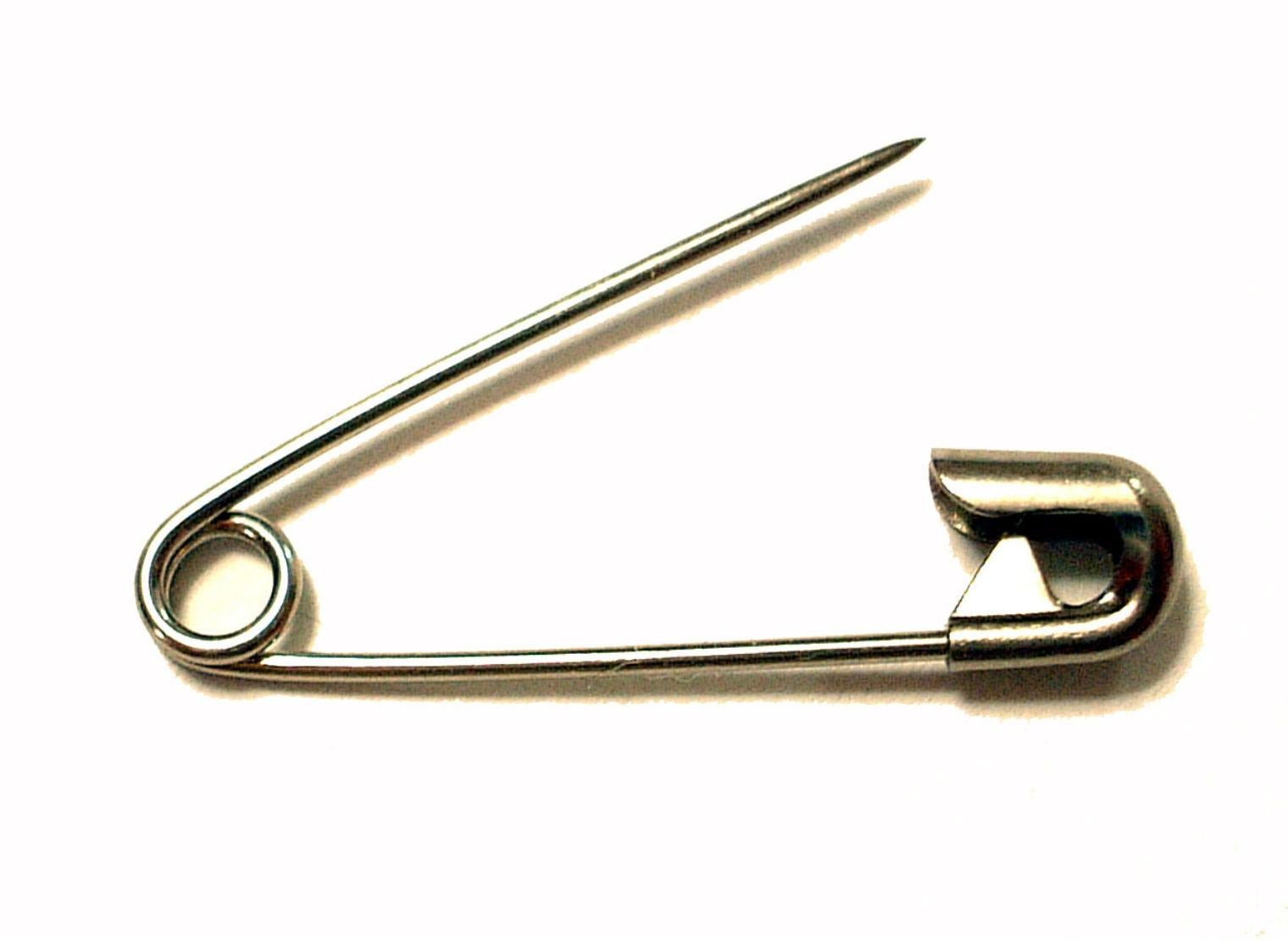We need more than safety pins to stop racism
I have no doubt that the initiative was started with the best of intentions, but sadly it does more harm than good


Yesterday, a close friend was racially abused while taking her normal commuter train home.
A second generation, hijab-wearing Pakistani immigrant, she had been reading a newspaper when two men sat opposite her and taunted her about Brexit. “You better pack your bags and go home” one of them had sneered, while the other had used various expletives, including calling her a ‘P**i’ and a ‘sand n***er’. Despite other passengers being on the train, she was forced to get off at the next stop, and wait another hour to get back home.
Since last week’s vote to leave the European Union, the number of similar reported attacks on immigrants and ethnic minorities has surged. According to True Vision, the police hate-crime monitoring website, there’s been a 57 per cent increase in reported incidents of abuse since last Thursday. Meanwhile, Tell MAMA, a hate crime monitoring organisation say they’ve seen a spike in racist attacks on Muslims, adding to a 300 per cent increase in Islamophobic abuse in the past year.

This surge might come as a shock to many. But for most ethnic, religious and sexual minorities (and especially those who make up the intersections) this isn’t anything new. In fact, as many have said online in the past week, last week’s vote didn’t create the racism we’re currently seeing. Rather, the overtly racialised, anti-immigrant narrative of both leave campaigns certainly made racism seem acceptable. To put it simply, for many ethnic minorities, the racism that’s surging has always existed, and we’ve had to experience both the subtle and the overt. But it’s only now, as those close to us (or at least, those who we have as friends on Facebook) describe instances where they’ve been racially abused, that swathes of the media and the general public, intent on believing in the existence of a post-racial society, have realised racism has been allowed to fester.
One reaction to this surge has been the ‘Safety Pin’ initiative — which urging people to wear safety pins as a sign of ‘solidarity’, an outward message which indicates to ethnic minorities that “you are safe around me”. The movement seems to have caught on, as I saw several people on my morning commute donning the pins.
I have no doubt that the initiative was started with the best of intentions, but sadly, I’m not convinced that it’s a practical way of helping the most vulnerable feel safe, and in fact, does more to perpetuate some of the worst-informed narratives on race in this country.
For starters, that’s because anyone who has experienced racial abuse in public, including myself, are largely aware that not everyone is a racist, as the pin wishes to assure us.
But we’re also aware that such messages do little to stop, or limit actual incidents of racism itself — whether that’s being followed around a shop by security guards, being discriminated against in a workplace, or being told to “fuck off back home” on a train full of commuters. Feeling safe isn’t knowing that someone, somewhere out there is wearing a safety pin because they respect your existence. It’s the knowledge that said person is willing to step in when you feel the most powerless, even at the expense of their own safety.
But there’s a more problematic side to the Safety Pin campaign too . Ultimately, it reduces racism to overt, visible acts. One that denies legitimate racism as physical action recognisable to white people. Those who partake in the campaign may claim they are doing so to stand in solidarity with those subjected to post-Brexit racism and harassment. But such solidarity means little if the only form of abuse being stood up to is intense, physical abuse without acknowledging the wider settings in which such attacks are permitted in the first place.
That means recognising a larger context of oppression, faced particularly by the poorest and most disenfranchised. The type of abuse that affects such people psychologically, by encouraging them to suppress their emotions, and opinions to justify their existence. And in turn, to diminish the everyday experiences that inform how they live their lives.
Part of the reason why minorities are so much more vulnerable now comes down to the dehumanisation they faced during the bitter referendum battle. But this dehumanisation wasn’t caused by any side of the campaign, but rather the forcible silence they faced on all sides of the political spectrum, that ultimately reduced them to their heritage.
As I said on Twitter yesterday, the Safety Pin campaign may be well intentioned, but for many, reads only as a visual symbol for “Not all white people”. To truly combat racism in Britain, we need less of these sartorial symbols, and more assurances that the experiences of those who have dealt with and fought racism will be taken seriously.
Join our commenting forum
Join thought-provoking conversations, follow other Independent readers and see their replies
Comments
Bookmark popover
Removed from bookmarks